│By Ellen Grace Lesser, Gale Ambassador at the University of Exeter│
We all do more online today than ever before. With libraries and physical archives shut, eBooks and PDFs now reign supreme in academia. Luckily, it’s not just books which have been digitised, but entire archives – and they are by no means just for historians. I’m a theologian, and below are some ways I have been using Gale Primary Sources in my own academic work. These study tips could help students of numerous subjects puzzle out tough academic arguments!
Understanding Contemporary Theologians
Depending on how anecdotal your lecturers are, you may not think about what they get up to outside of teaching, but your lecturers, like all academics, are engaging in their own research and looking to publicise it. Rather than getting the public to buy and read academic books (which are often very dense and much more expensive than your average paperback), academics may write in newspapers. And if there’s one thing Gale Primary Sources has in abundance, it’s newspapers!
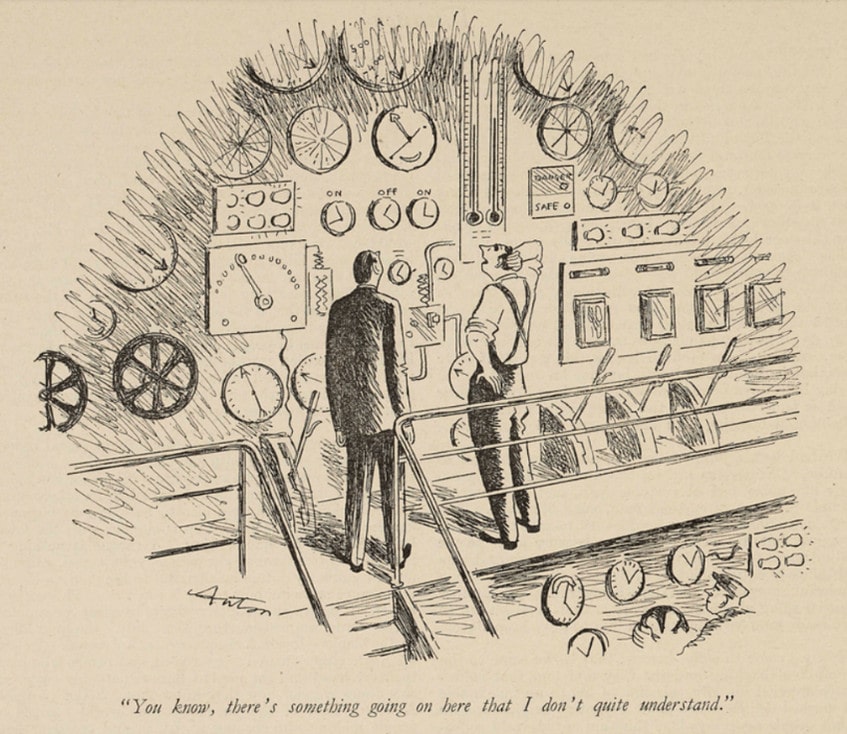
Academics who are already in the public eye may be easier to find in the archives, not least because you have probably heard of them and know who to look for. I started with Rowan Williams, an undoubtedly public theologian, at least in the UK. I wasn’t surprised to find an interview with Williams in The Sunday Times Historical Archive which shed light on his theology.
![Study Tip - find an academics writing in newspapers. Williams, Rowan. "Beware, Christian soldier on warpath." News Review. Sunday Times, 2 Feb. 2003, p. 5[S3]. The Sunday Times Historical Archive](https://review.gale.com/wp-content/uploads/2020/11/Ellen-Study-Tips-Beware-Christian-Soldiers-on-War-Path.png)
You might also find academics you weren’t expecting to see. I found this article by Andrew Linzey, less well-known than Williams, but a key figure in my field, in The Times Digital Archive.
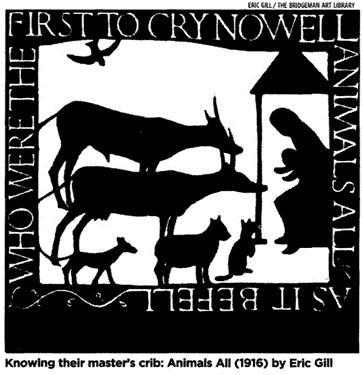
These sources are much more digestible than the strictly academic works you will be reading, so if you’re having particular trouble getting to grips with where a more contemporary academic is coming from, try looking for them in Gale’s newspaper archives. It may help to shed some light on how that academic thinks! Just search for ‘Gale Primary Sources’ in your library catalogue.
Book Reviews
Another shortcut to easily digest academic arguments is to use book reviews – found in abundance in Gale’s archives. Of course, there are plenty of academic book reviews which you may already be aware of, and these are very helpful. But they are written by academics for academics, and consequently can sometimes be just as confusing as the book itself! If you’re having trouble understanding a book, especially one that has been written relatively recently and is gaining (or did gain) public attention, you can search for a book review in Gale Primary Sources. I found this review of Delores S. Williams’ Sisters in the Wilderness, a hallmark book of Black womanist theology, in the Archives of Sexuality and Gender.
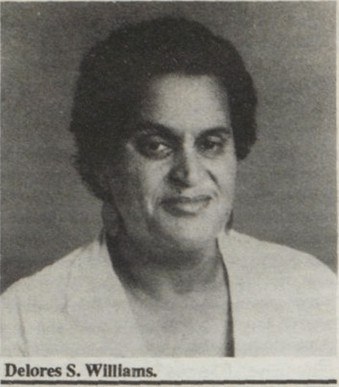
You can even get “two for the price of one” with book reviews, as many reviewers assess more than one text in the same review! See, for example, this double book review written by Rowan Williams.
Theology on Current Affairs
It’s not just getting to grips with academics’ arguments that the archives can help with, either. Academic sources do not always shed light on particularly contemporary issues, or at least they are often not specific when they do. This is because academic books take a long time to write, after all, and by the time they are published the subject might not be as relevant anymore! But newspapers come out every day and columns can allow much quicker responses to contemporary news, issues, and events. You may just find something to help your studies along these lines, such as this contribution to a debate on Sunday lunches from the aforementioned Andrew Linzey.
![Study Tip - find current affairs angles in newspapers. Gledhill, Ruth. "Give animals a prayer at Sunday lunch." Times, 2 Oct. 2004, p. [1]. The Times Digital Archive,](https://review.gale.com/wp-content/uploads/2020/11/Ellen-Study-Tips-Give-animals-a-prayer-1-1024x438.jpg)
Creativity and self-care
Whilst immensely fulfilling, university degrees are also hard, and we all need some space to look after ourselves. You can use archives in this way too! Whether it’s finding cartoons that you can colour in, completing puzzles from decades-old (and sometimes centuries-old!) newspapers, or even collecting headlines and pictures to make a mood board or collage, there are resources in the archives that you can use creatively to take your mind off your degree for a bit and get you doing something creative. “All work and no play” is not a healthy lifestyle, after all!
Archives are also a great way of finding copyright-free material to use in writing “blackout” and “found poetry”.
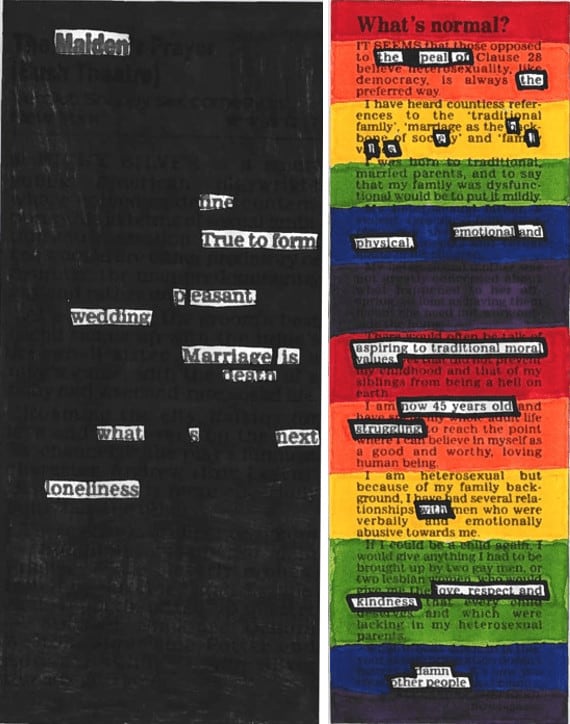
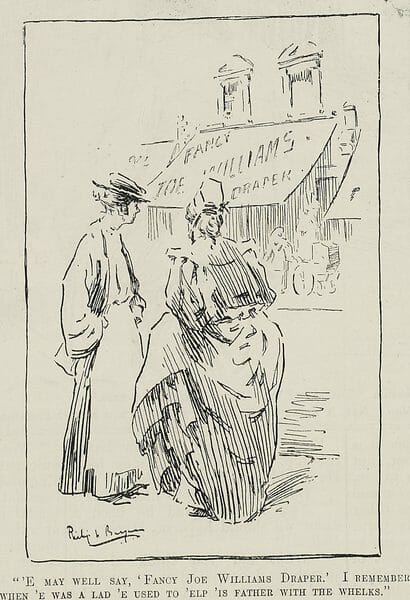
Burgess, Philip L. “‘ ‘E May Well Say, ‘Fancy Joe Williams Draper’.” Punch, vol. 133, no. 3479, 14 Aug. 1907, p. 124. Punch Historical Archive, 1841-1992, https://link.gale.com/apps/doc/ES700010092/GDCS?u=exeter&sid=GDCS&xid=26e53aa2
So – you don’t need to be a historian to use the archives. If your university has access to any of the archives and modules made available by Gale, you will have access to it regardless of your discipline. Just search for ‘Gale Primary Sources’ in your library catalogue. Yes, archives are full of historical material and it may not be immediately obvious how you can find them useful if you’re not delving into history yourself. But if you use them creatively, they can be so helpful, even if you’re a theologian like me.
If you found these study tips useful, try our “For Students” section on the blog, or check out How to Gather and Analyse Primary Sources for a Research Project and How I Survived Studying in Lockdown – and You Can Too.
If you enjoyed reading book reviews in the archives, check out: The Reception of A Brief History of Time.
Blog post cover image citation: Letter Board Flat Lay, by Emma Matthews Digital Content Production, @emmamatthews, on Unsplash.com: https://unsplash.com/photos/O_CLjxjzN3M


